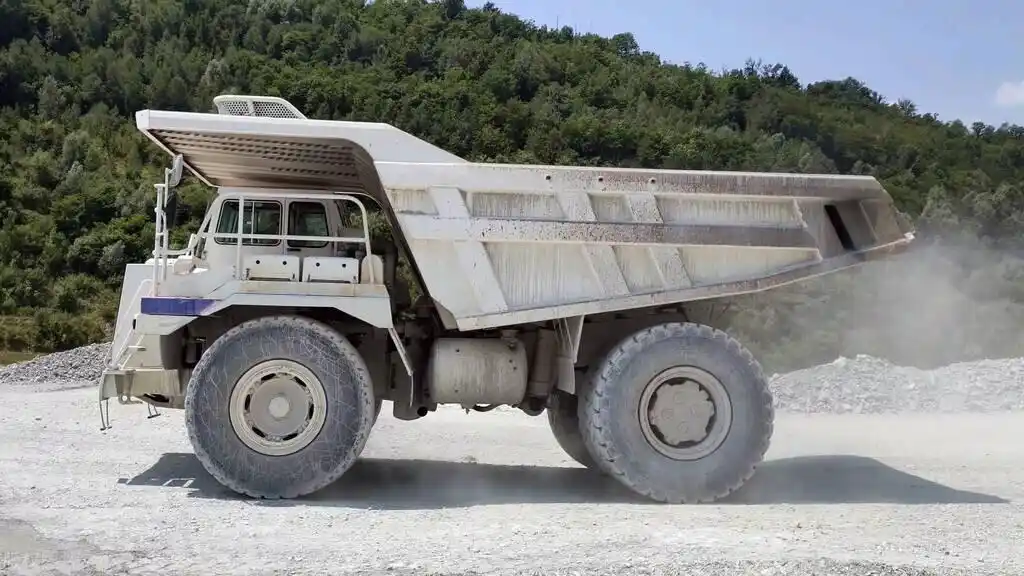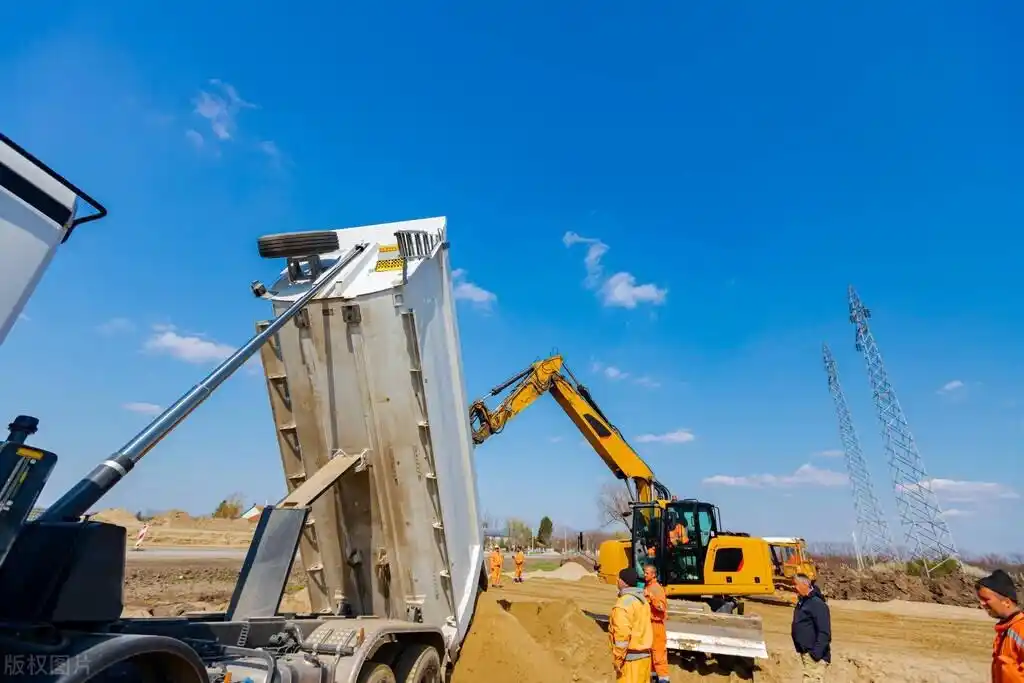How a Dump Truck Works: Operation & Maintenance Guide for Nigeria

In Nigeria, the dump truck (also known as a tipper truck) is an essential piece of heavy equipment for loading, transporting, and unloading materials at construction sites, quarries, and mining operations. This guide explains its working principle, standard operating procedure, and a practical maintenance plan.
I. Working Principle
A dump truck operates by using a powerful engine to drive a hydraulic system, which controls the lifting and tilting of the dump body (or "tipper bed").
The key components of the hydraulic system include a hydraulic oil tank, pump, control valves, hoses, and hydraulic cylinders. When the bed needs to be raised, the engine powers the hydraulic pump. This pump forces hydraulic fluid through the hoses into the cylinders, causing them to extend and push the bed upward. To unload, the operator uses the control valves to tilt the bed. Once empty, the hydraulic fluid retracts the cylinders, lowering the bed back to its frame.
II. Standard Operating Procedure
-
Pre-Operational Safety Check: Before starting, conduct a thorough inspection. Check the vehicle's structure, engine, hydraulic system for leaks, brake functionality, tire pressure, and lighting. Ensure the truck is in safe working condition.
-
Loading the Material: Position the truck correctly at the loading area. Once the material (like sand, gravel, or rocks) is loaded into the bed, carefully raise the bed to its travel position, ensuring it is securely locked and not overloaded.
-
Transporting the Load: Drive to the destination with caution, adhering to all road safety regulations. Be mindful of the truck's loaded weight and higher center of gravity.
-
Unloading the Material: Upon arrival, park the truck on a firm, level surface. Engage the parking brake. Tilt the bed to dump the material in the designated area. After unloading, ensure the bed is completely empty before returning it to the locked, downward position.
III. Maintenance & Service Plan
-
Scheduled Maintenance: Follow a strict, time-based or hour-based maintenance schedule. This includes regular engine oil changes, replacing oil, air, and fuel filters, and checking/refreshing hydraulic fluid. Adherence to the manufacturer's service intervals is crucial for longevity.
-
Preventive Maintenance: Be proactive. Look for signs of wear and tear, such as cracked hoses, loose bolts, or unusual noises. Addressing small issues immediately prevents them from escalating into major, costly breakdowns.
-
Operator Training & Safety: Only trained and certified personnel should operate dump trucks. Operators must be fully knowledgeable about the machine's controls, operational limits, and all relevant safety protocols to prevent accidents.
-
Comprehensive Inspections: Periodically, a more in-depth inspection should be performed by a qualified mechanic. This includes checking all structural components for stress, verifying the electrical system, and testing the hydraulic system's pressure and performance to identify and resolve potential problems before they lead to failure.

